I finally ran yesterday — 11 days after the race.
Taking a 11 day break is not bad. But, intending to run for the last 7 days and not running is… I hate to label it as “bad”, but at the very least, it’s a waste of mental energy. All the worrying, making excuses, and slight guilt is not the same as a break.
A break would have been better.
Feeling down, unmotivated, even mildly depressed is normal after a big, anticipated event, whether that be an incredible marathon, Christmas day, or an enjoyable vacation. Post-race blues, post-trail depression for hikers, getting back to reality, no matter what you call it, it’s a real hump to get over.
Sometimes it just takes time, but if you’d like to speed along the process here are 6 suggestions for beating post-race blues. I’m going to try them out myself.
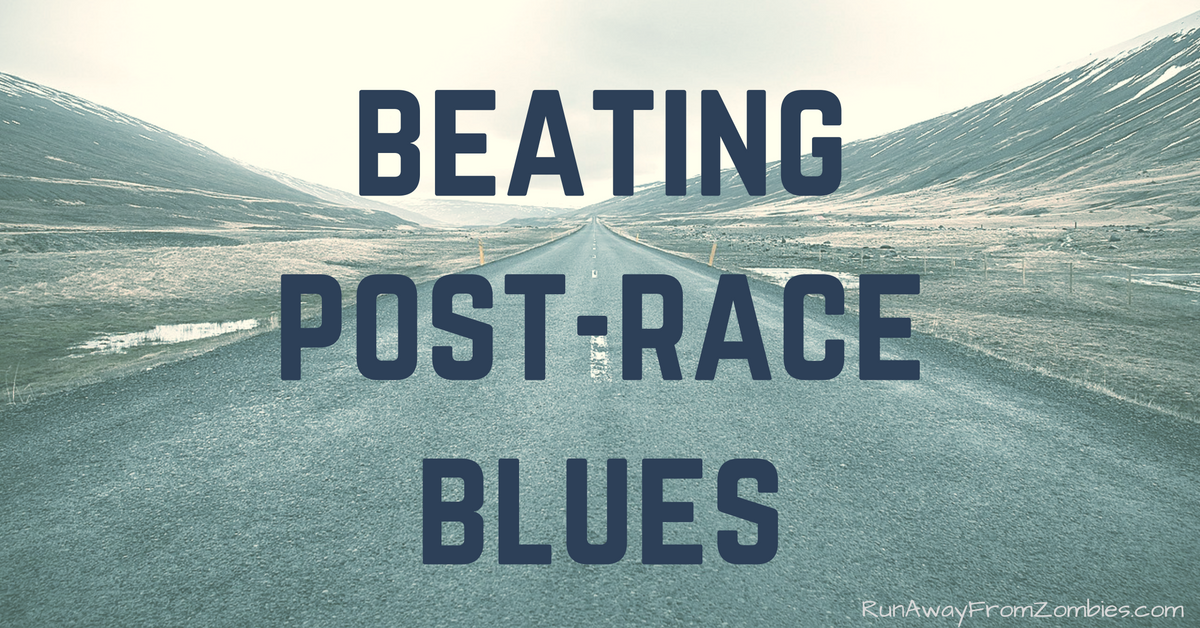
Beating Post-Race Blues
1. Reflect and process
No matter if your race went amazing, amazingly bad, or just OK, you can get mentally stuck on it.
I really enjoy writing race recaps because I can reflect on the race and process it. Releasing into the world how I performed and how I thought helps me learn and let go of it.
Write it out. Share it, if you like. Talk it over with a friend. Let it out.
2. Fill the time
Marathon or ultra training can feel like a full-time job. Training for any distance takes a significant amount of time.
Preferably before the race, decide what you are going to do afterward to fill the empty spans of time.
This is my 3rd year participating in National Novel Writing Month (NaNoWriMo). After my big race in November, I dive into 50,000 words in 30 days.
If you purposefully replace your training time, you are less likely to find yourself moping around for the 3rd day in a row.
3. Give back
After working toward a personal goal, looking out toward the community can be a great change. Volunteer for a race instead of running in it, volunteer for a running-based charity, clean up at the park you run in.
By pulling yourself out of you, you can see running for its bigger picture and not just wrapped around that one race last week.
4. Sign up for another race
Jumping into another marathon or other huge effort won’t do your body any service, but a race with a different purpose can encourage you to keep running some and give you something to look toward.
Show up at a local 5K, travel for a race, run an unusual distance like 8K or a 5 miler, or try a trail run. Try something different with no high-stakes.
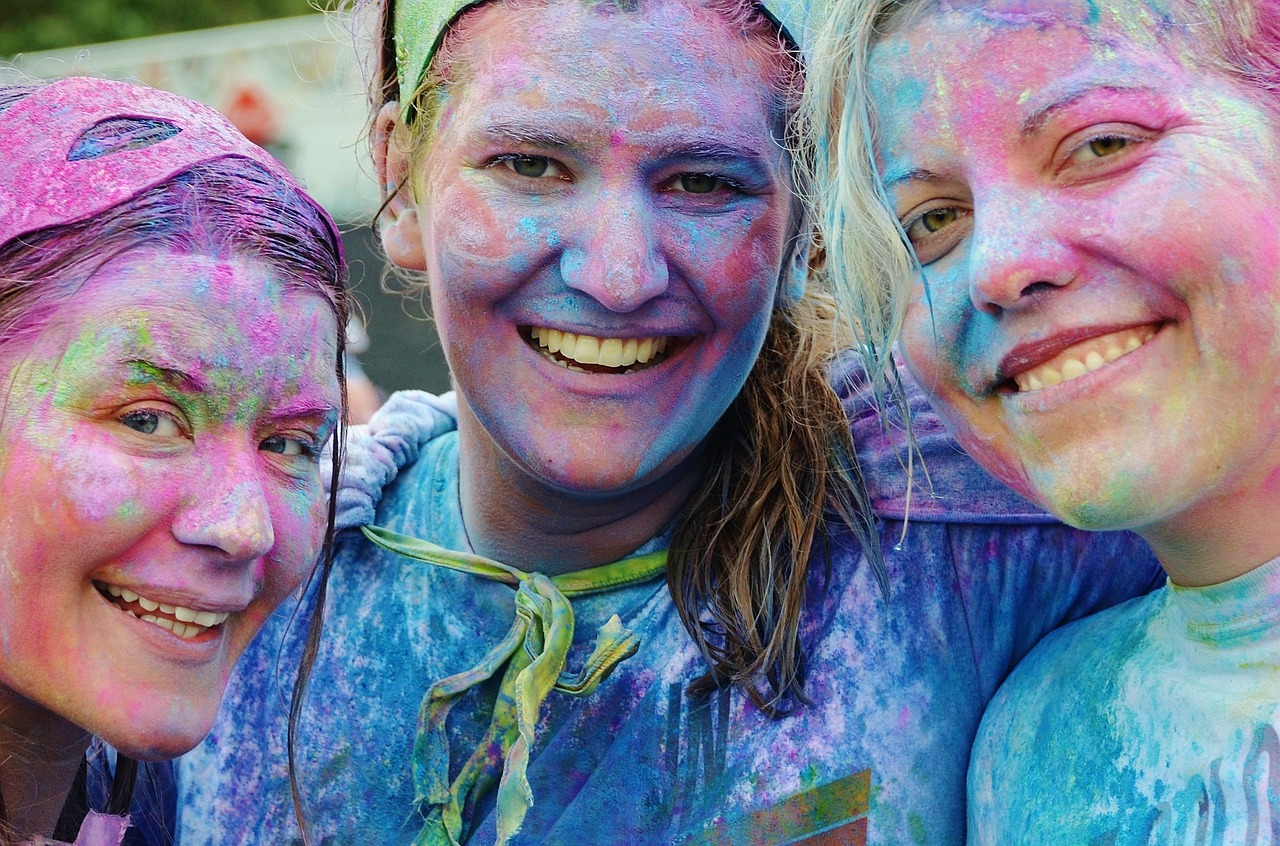
Try a Color Run
In Savannah, we have a giant bridge run a month after the marathon. It’s a fun race with costumes, finisher medals, and beers. I’m looking forward to being in the race crowds again, but for a less stressful reason.
5. Transition plan
What do you want your off-season to look like?
Do you want to run the same number of days? Do you want to do more swimming, biking, or yoga?
Work slowly toward your new habits and you’ll find yourself transitioning from Marathon-go-getter to a more balanced person (I kid… a little).
6. Try something new
If you are starting an off-season, this is a great time to try something new.
Two runners I know finished up their half-marathon in November and are now trying cross-fit.
I am looking forward to more bouldering, yoga, and pole dancing which I didn’t have time for during training.
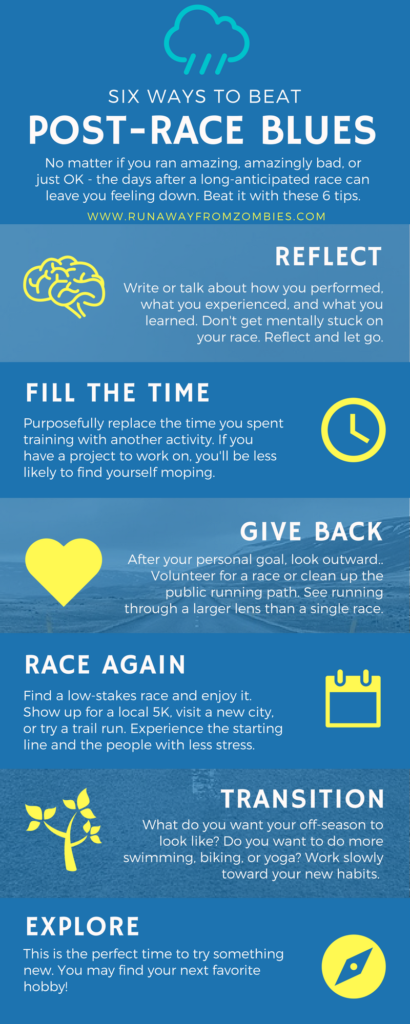
Pin or share!
My Post-Race Plans
I think my indecision around my off-season and this year’s blues are intertwined.
I have a general idea of what I want to accomplish this winter: I want to rebuild the arches in my feet and improve my running form. But how I will measure progress, how that will look day-to-day and week-to-week, I don’t know.
I want to boulder, pole, and do yoga, but I haven’t decided how much, when, or where. And of course, I still want to run.
As I flounder in my plans, it’s easy for me to shrug off running or doing that first pole session.
Rest is good, both physical and mental, but at some point I need to create a little structure, because that’s where I thrive.
First steps: Continue NaNoWriMo, make a physical therapy appointment and ask for guidance, and do a 30-day yoga challenge on YouTube, possibly with Erin Motz or Adriene.

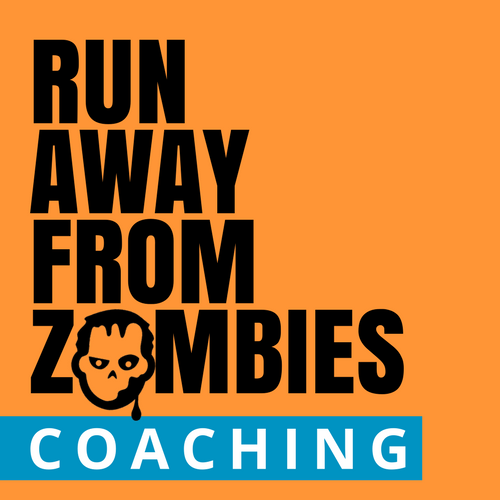
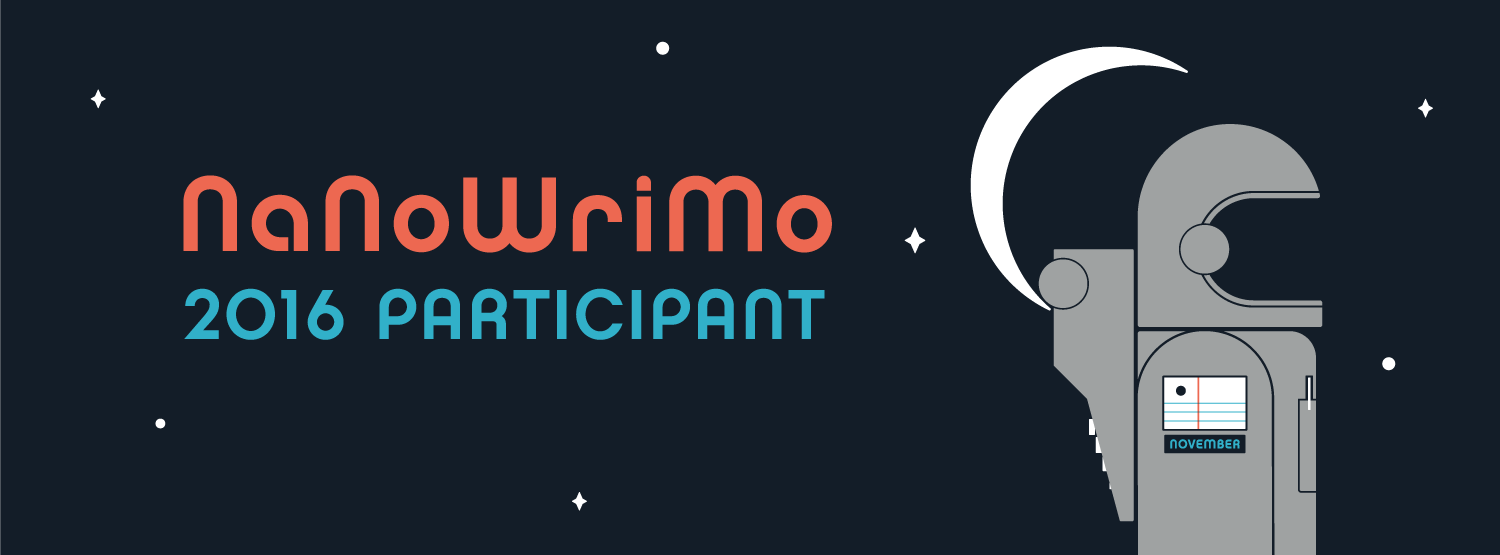
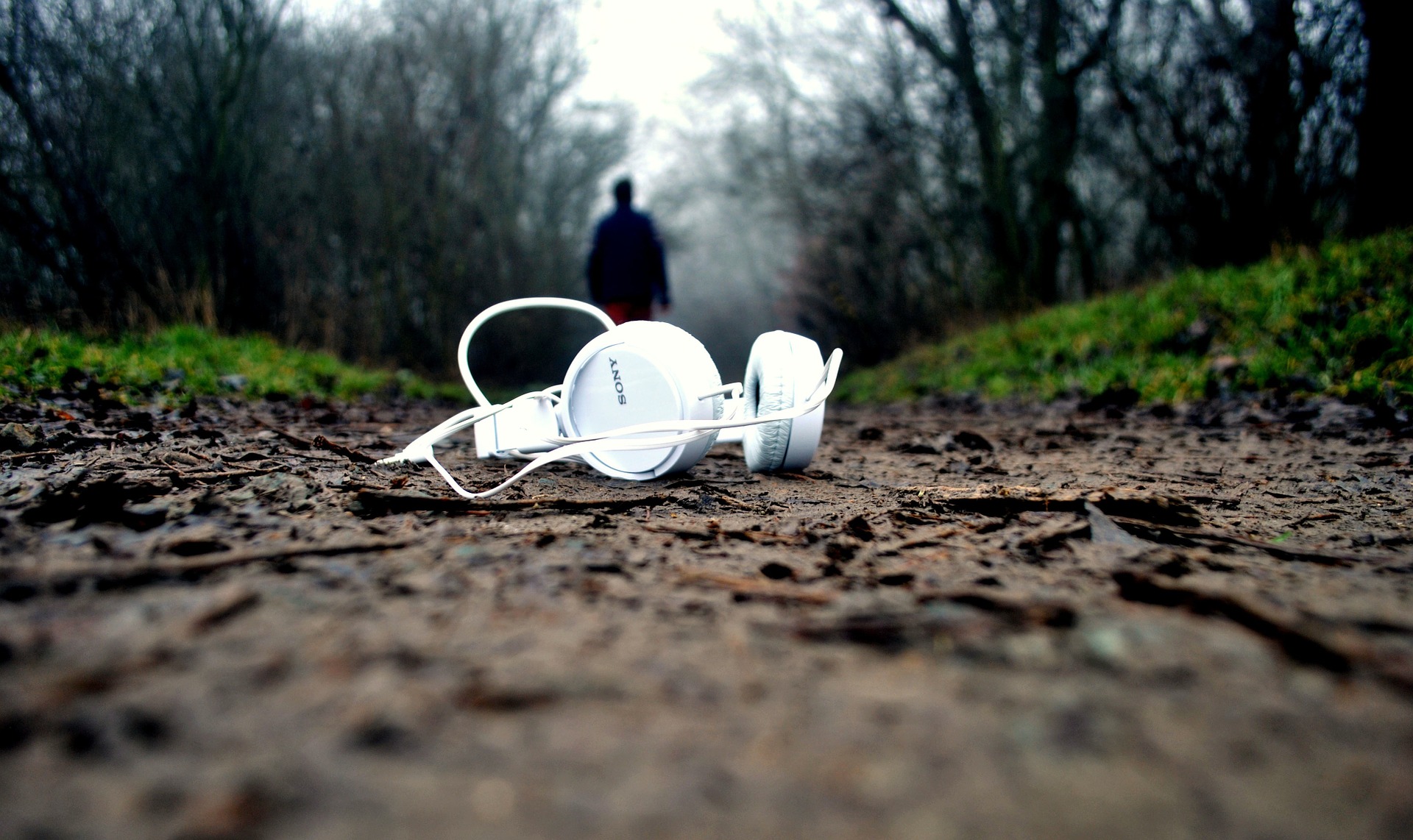

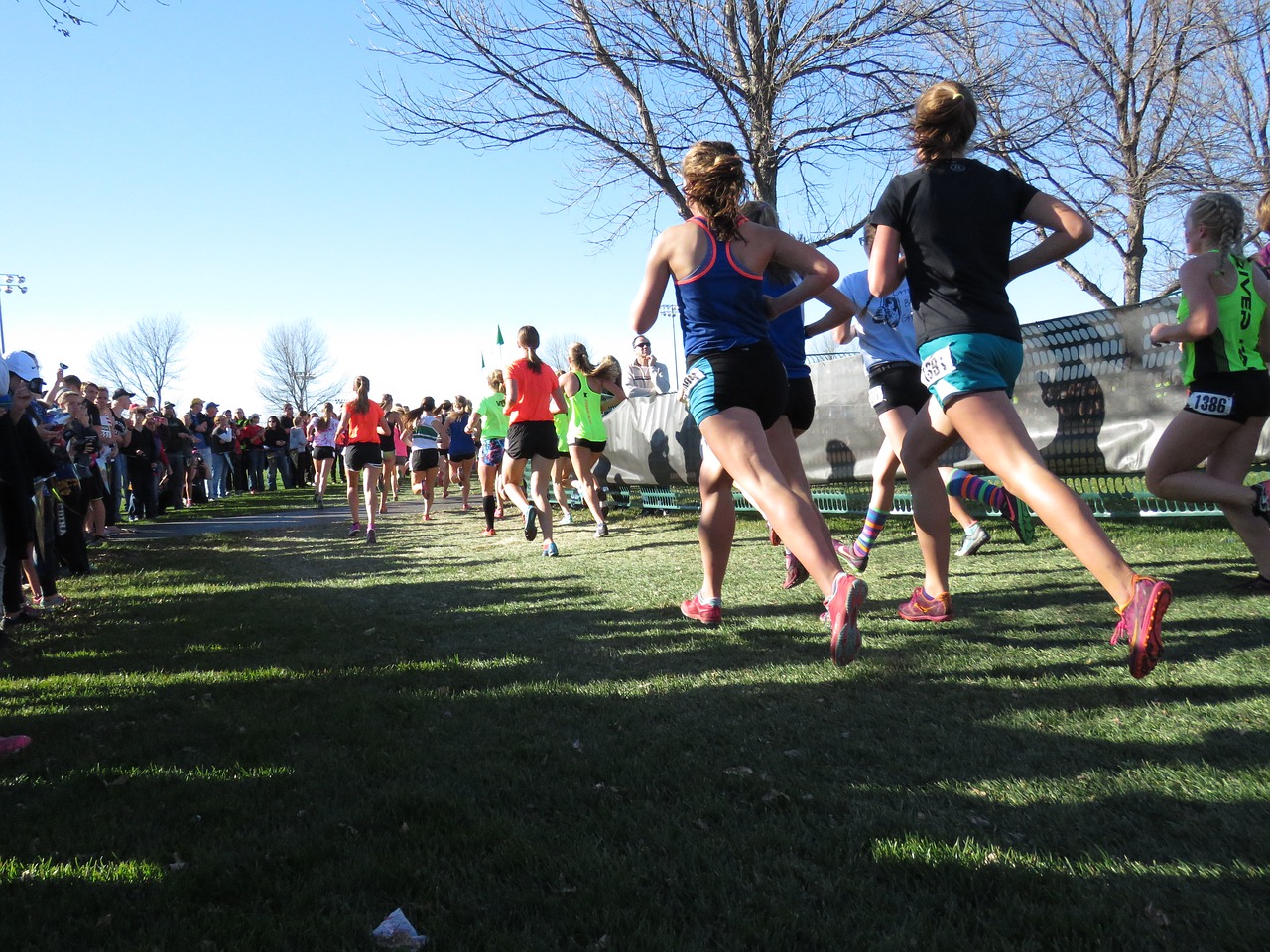
промокод 1xbet при регистрации Получите промокод на https://skitterphoto.com/photographers/1944829/1khbet-bonus-pri-registratsii и получите бонус до 32 500 рублей при регистрации для максимального старта.
Try the new version here